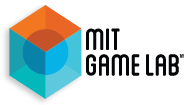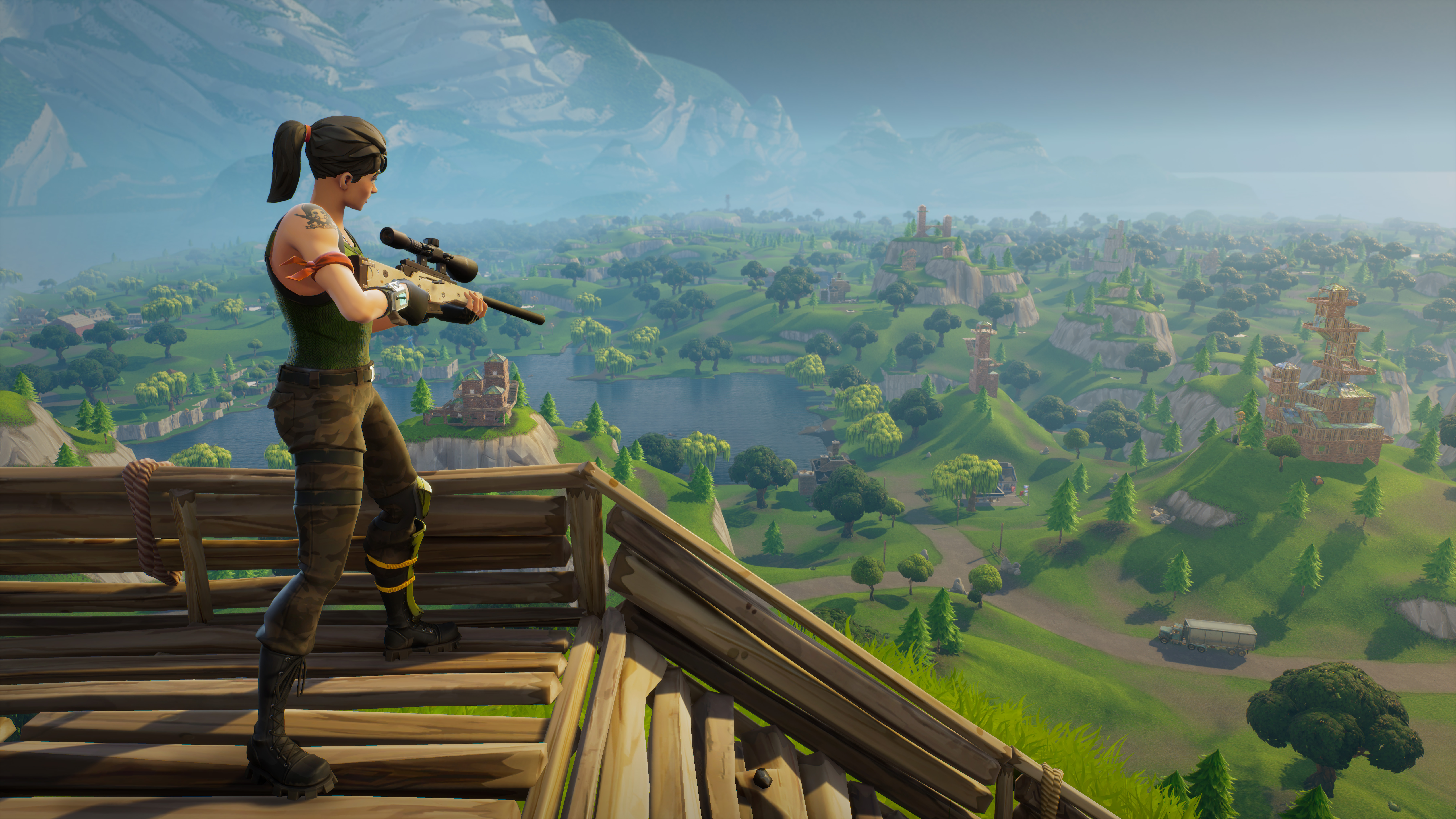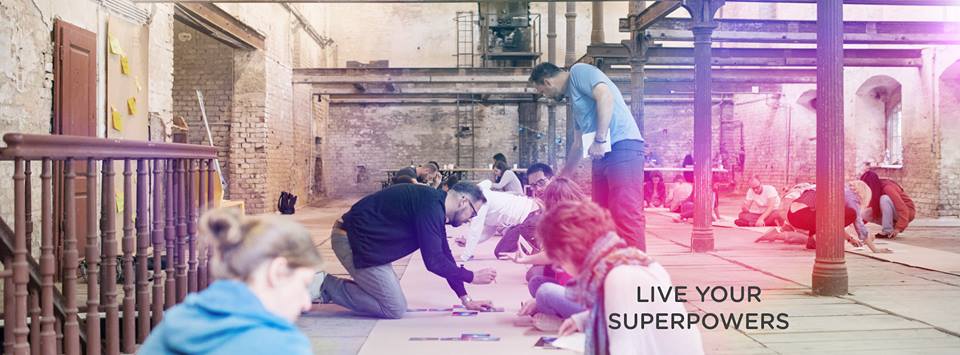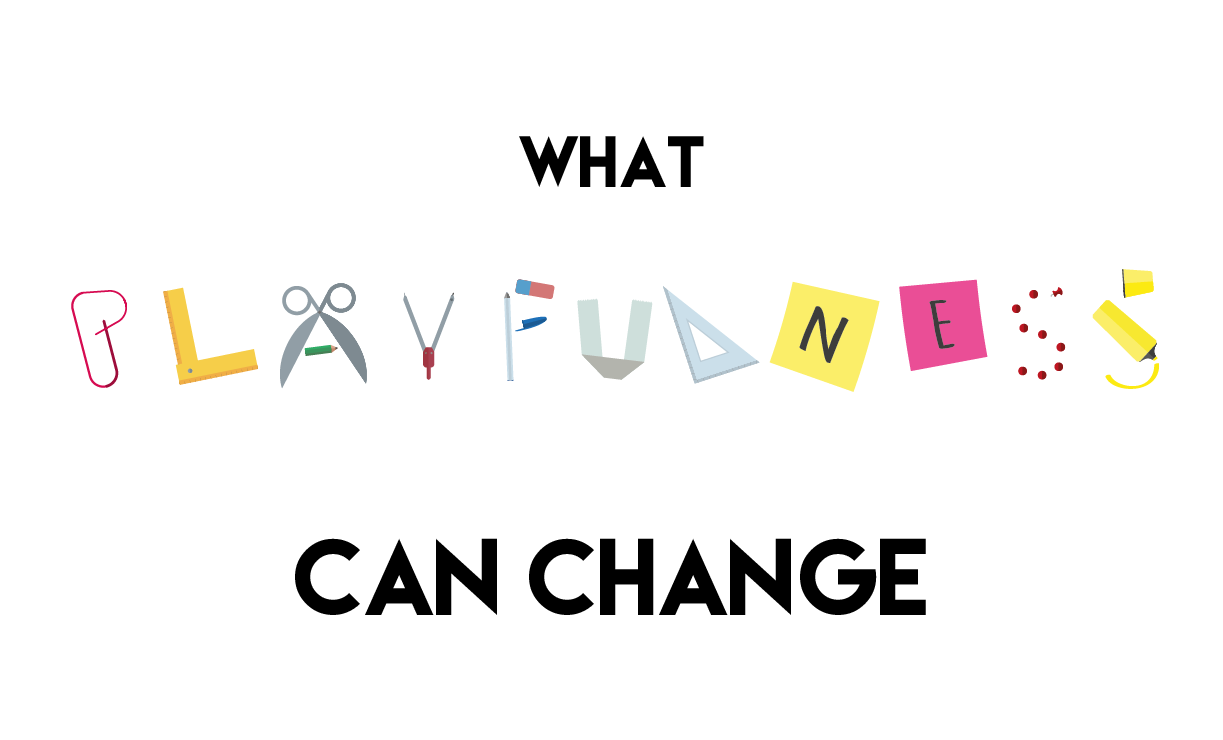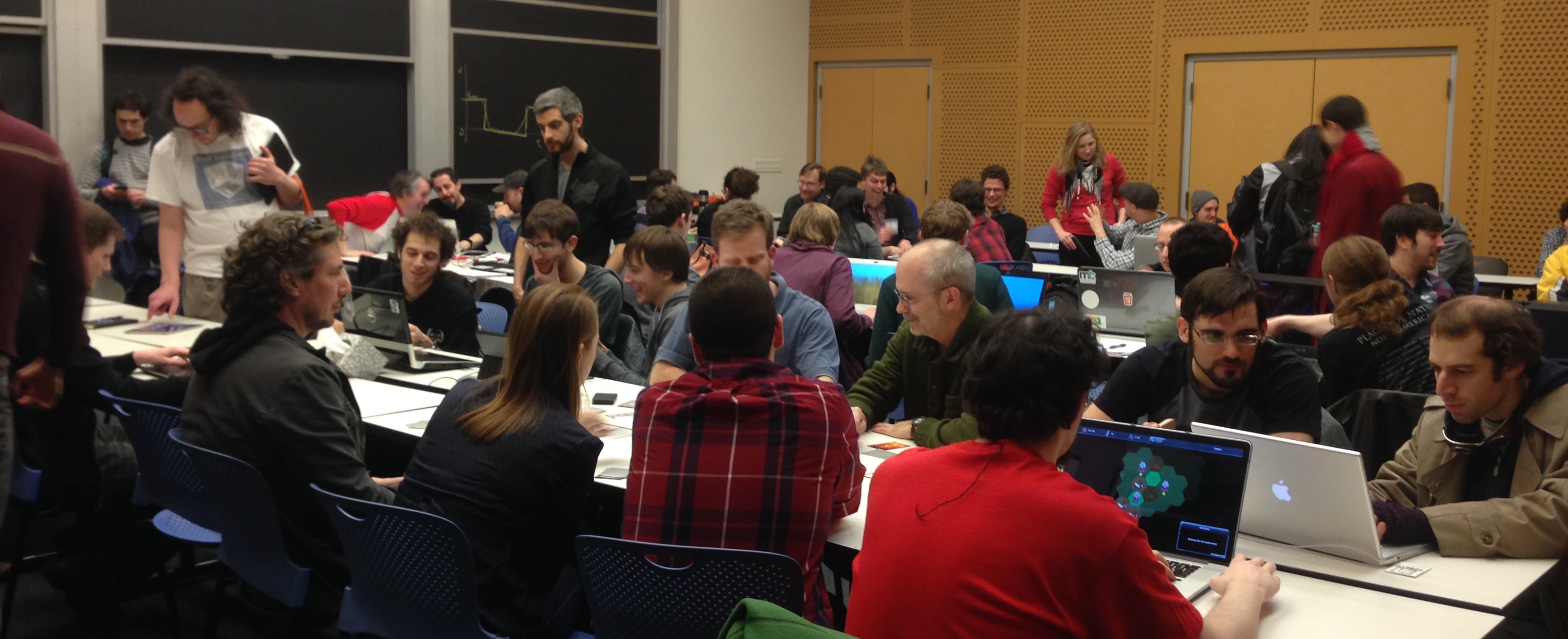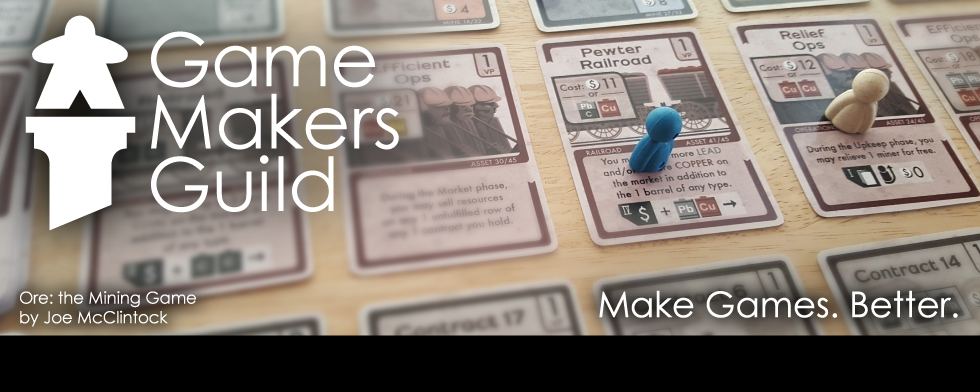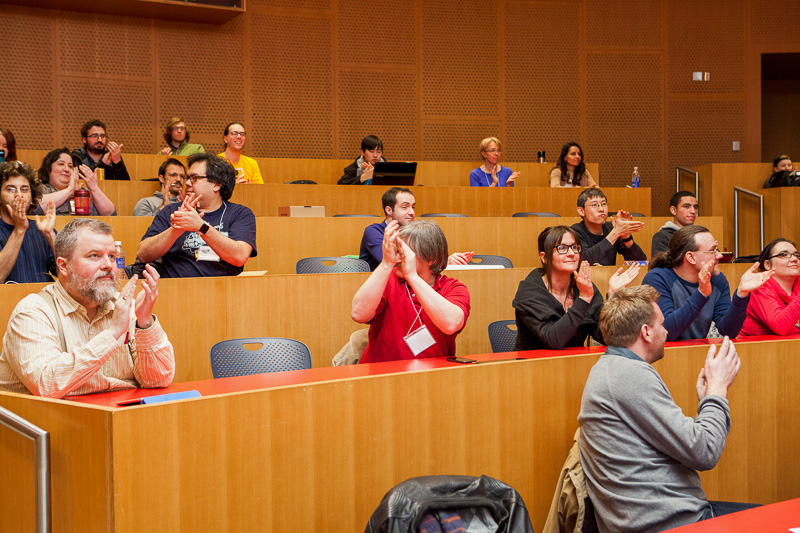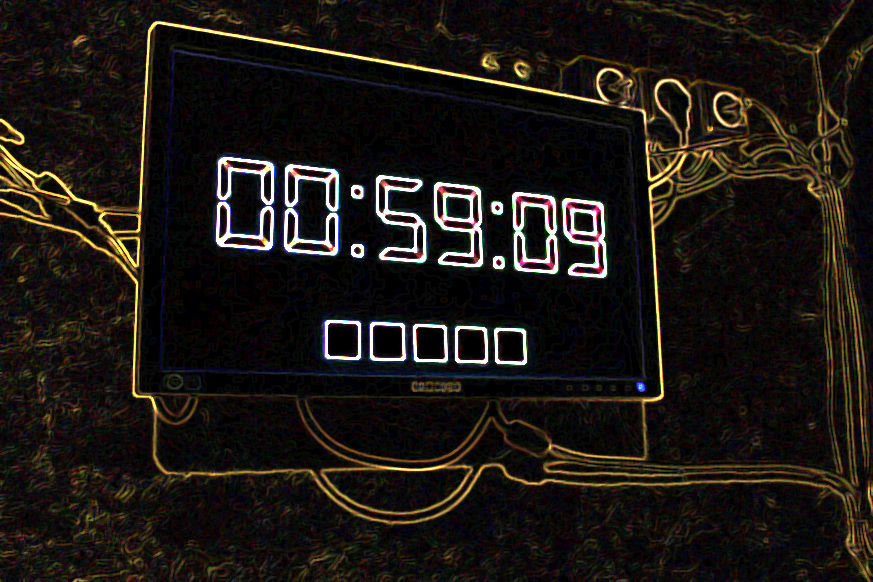The following guest article is by current MIT Game Lab student Sam Van Cise and is crossposted at his site and Gamasutra.
In the wake of the meteoric rise of Fortnite, many people ask how it compares to PUBG, the extremely popular predecessor in the battle royale genre. While many will not make a claim as to which is “harder” or “more skillful”, the question is an interesting one and worth exploring. Most people defer to saying “Fortnite has building which makes it completely different” and stop the comparison there. Some will go as far to say that it changes the battle royale genre entirely, adding a completely new skill to master. Recently in his appearance on the H3 Podcast, Ninja (the Twitch super-star) has made the claim that building in Fortnite creates a higher skill gap between players, and ultimately a more “skillful game”.
